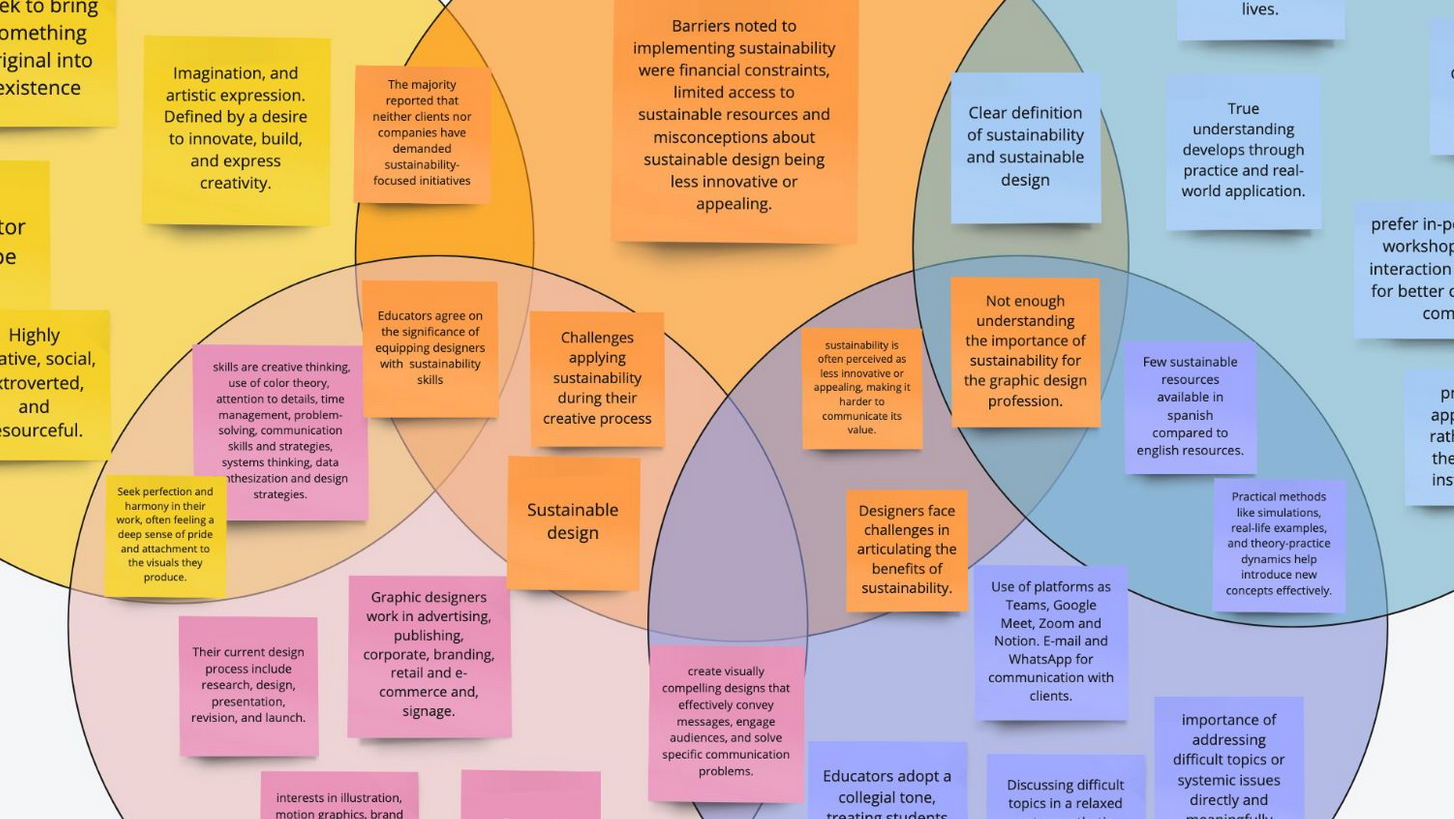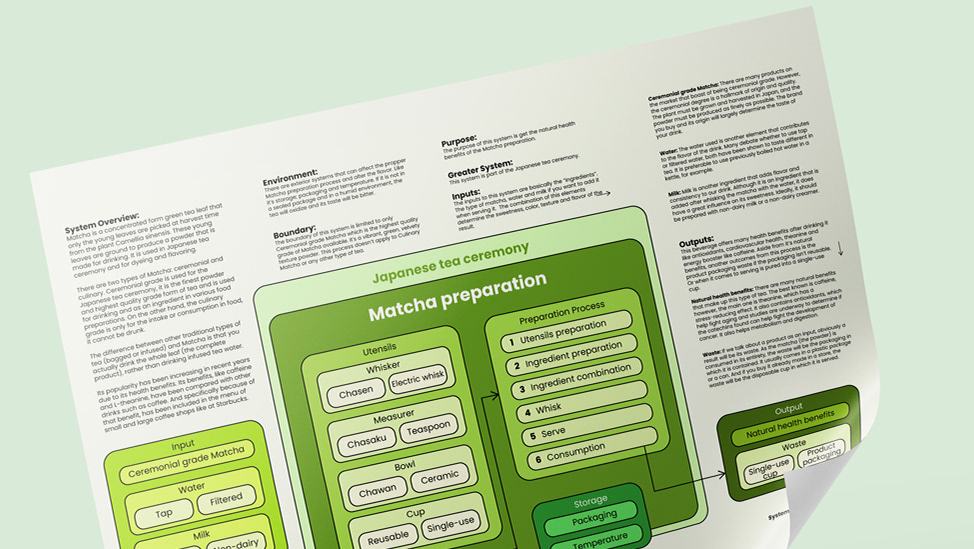Climate Justice course deepened my understanding of the social and ethical dimensions of the climate crisis, emphasizing the disproportionate impacts on marginalized communities. This course challenged me to critically examine the systemic inequalities that contribute to environmental degradation and to explore how design can be a tool for equity and resilience.
Through case studies, discussions, and research, I learned about environmental racism, policy frameworks, and community-led climate solutions. This knowledge has reinforced my commitment to integrating justice and inclusivity into sustainable design practices, ensuring that design solutions not only mitigate environmental harm but also promote social well-being and equity.
This poster was created to illustrate how we respond to climate change involving a two-pronged approach: a. Reducing emissions of and stabilizing the levels of heat-trapping greenhouse gasses in the atmosphere (“mitigation”); b. Adapting to the climate change already in the pipeline (“adaptation”).
This campaign promotes working remotely and promotes a diverse decentralized economy. It encourages individuals to make more use of the time they don't spend in traffic. Those hours can be invested in having a side hustle, exchanging knowledge with close people, being part of the community where they come exchanging goods or experiences, composting, being freelancers having a flexible income, and sharing creativity with colleagues or strangers. Working from home helps people with disabilities, older people, and anyone who lives far from work. Working from home leaves the road free for those who can’t go physically to work.
Academic project for Climate Justice course, Spring 2024.








